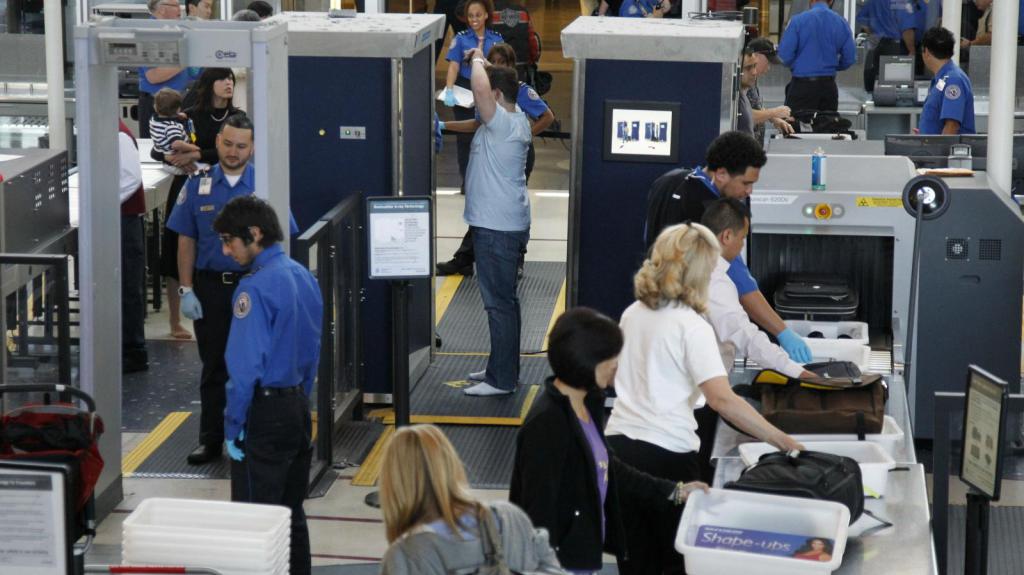Both Russians and citizens of other countries must adhere to certain rules when crossing the state border of the Russian Federation. Their content is aimed at regulating not only the order of movement of individuals through the demarcation line, but also the goods that they carry. Let us further consider the basic requirements that are put forward for this type of displacement.
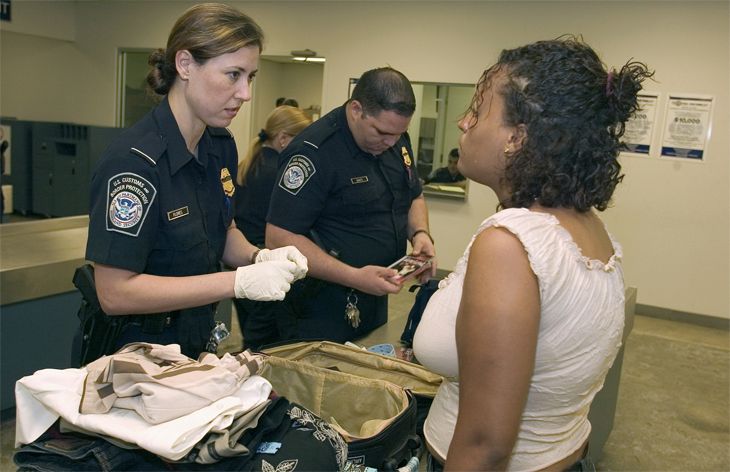
Legislative regulation
All processes associated with the movement of both people and goods across the customs border are regulated by certain domestic regulations that operate on the territory of the Russian Federation, as well as international documents signed with neighboring countries.
Currently, domestic regulation of movement across the Russian border is based on the provisions presented by the Customs Code of the Russian Federation. The text of this document indicates not only the order of movement, but also the features of the implementation of such actions. Moreover, this regulatory document prescribes a complete list of goods that are strictly forbidden to be transported through the demarcation line. Also, this act fully regulates certain measures of responsibility for committed violations in the field of crossing the customs border, as well as the procedure for attracting to it.
As for international acts of this nature, the most extensive in content is the Customs Code, concluded between the member countries of the Eurasian Economic Union, which includes the Russian Federation. Also, customs relations between the countries included in the association in question, at certain points, are governed by the provisions of the agreement "On the procedure for moving cash across the border."
The concept of moving goods
The legislator gives a clear definition of the concept of "movement of goods." One of the provisions of the Customs Code states that this action implies the commission of certain acts of importing or exporting certain products across the border of the Russian Federation. It should be noted that these actions can be carried out not only using transport routes - the legislator includes in this concept goods and objects moved by mail or using pipelines, power lines, etc.
With regard to the movement across the border of individuals, this concept represents the commission of actions, presented in the form of the actual crossing of a state’s border by a person. As noted in the legislation, this can be done both on foot and through the use of various modes of transport, including land, air and water.
Any movement of goods and individuals must be carried out exclusively within the framework of the rules for crossing the customs border of the Customs Union and the Russian Federation.
Next, we consider the basic rules of movement established by the legislation of Russia in relation to processes associated with the movement of different objects.
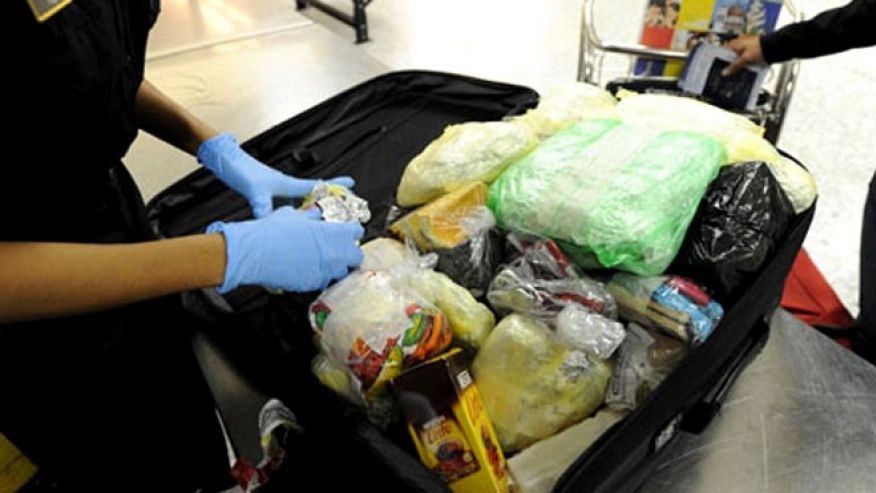
Who is the declarant
Considering the features of the order of movement across the customs border, you should pay attention to the concept of "declarant", which now and then occurs in the content of the Customs Code.It means a person who is involved in the direct process of declaring those goods that are imported into the territory of the Russian Federation, as well as on behalf of which it is produced if it is committed by a legally appointed representative.
In the event that the goods are carried in accompanying baggage, not only a Russian, but also a foreigner can act as a declarant. Even if this person has not yet reached the age of 16, then any of the parents accompanying him will act as a declarant in the documentation. In the event that there are no accompanying persons, then the minor is allowed to transport only those goods and amounts that are not subject to mandatory declaration.
Obligations of the declarant
In the process of moving goods, money, vehicles, and other valuables across the customs border, a person acting as a declarant is obliged to perform a series of actions prescribed by regulatory acts regulating issues in this area.
It should be noted that his main duty is to directly declare goods that, at the first request of a customs officer, must be presented to him in full transported volume. Also, the main duties include the payment of duties and fees, which are provided for by legislation for each group of goods. As a result of this action, the border guard must provide documents confirming the fact of its commission. In some cases, a person has the right to certain privileges when paying taxes and fees levied when processing goods transported through the customs border of the Russian Federation. In this situation, they should be provided with documents confirming this possibility.
The declarant shall be obliged to provide exclusively truthful data regarding the transported products. Moreover, a person must monitor the accuracy of the data specified in the contents of the declaration and be fully responsible for their veracity. In the event that the declaration procedure is carried out orally, documentary evidence of this information can be provided at the request of an authorized person.
In any situation, declarants are required to provide maximum assistance to the work of representatives of customs authorities related to the clearance of goods.
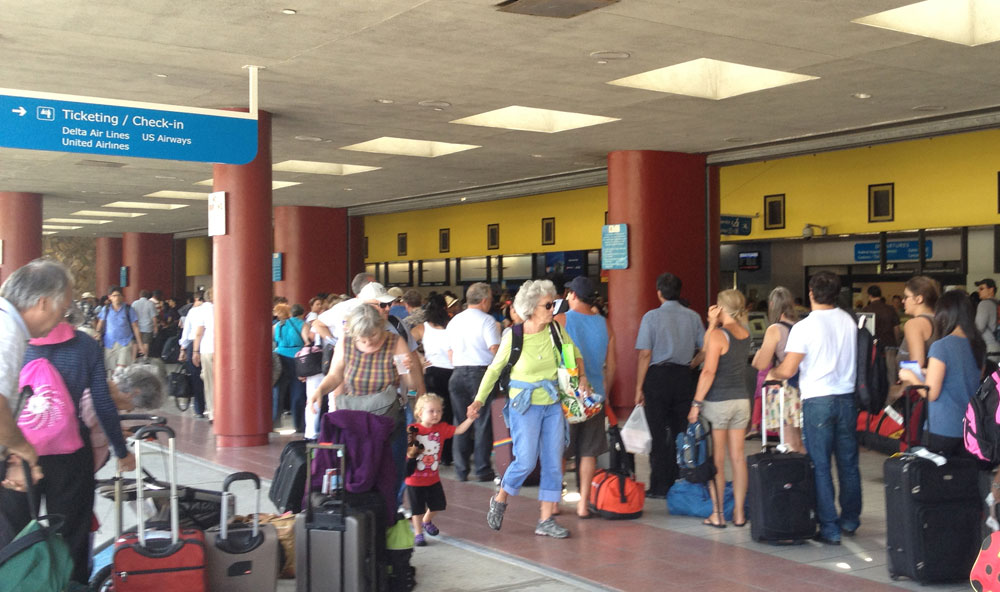
About declaring
Declaration refers to a specific process, expressed by the provision of certain information to the customs officer regarding the transported objects, about their regime, which are necessary for customs operations. This information may be provided either in writing, or orally or in electronic form.
The declaration of goods orally is allowed solely in relation to objects that are not among those that, on the basis of legislation, should be mentioned exclusively in writing. Oral declaration provides for verbal communication to the customs officer of information regarding the absence in the baggage of prohibited items, as well as those objects that are subject to mandatory written declaration.
Declaration in a specific form implies the performance of certain actions that confirm the absence in the baggage of the declarant of such goods and objects that are subject to mandatory written mention. For this type of communication, two special corridors were built at the checkpoints of the Russian Federation - “red” and “green”. The first of them is intended for the movement of goods subject to mandatory written declaration, and the second - oral. So, moving a person through the "green" corridor means that he does not have objects that are subject to written declaration.
As for the writing of the movement of goods, it is carried out by compiling a declaration submitted to customs officials in duplicate. All entries in the forms should be carried out exclusively by the declarant or his representative, carrying out the direct movement of goods, in a clear and legible handwriting. The customs declaration can be filled out both in Russian and in English.
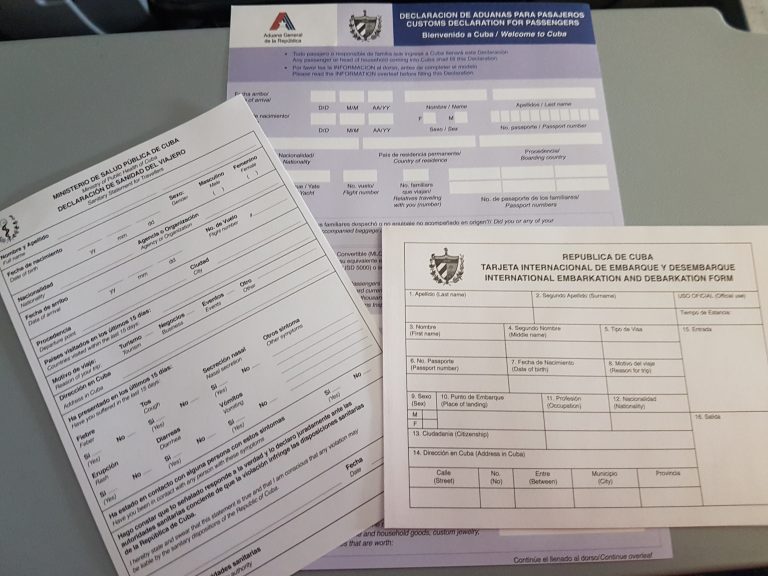
List of goods for which a written declaration is required
The legislator has established a specific list of goods, the movement of which across the customs border of the EAEU must necessarily be accompanied by a written declaration. These include personal items whose total value exceeds 65,000 rubles, as well as weighing more than 35 kg. This action is also mandatory if the amount is exported more than $ 10,000 (in any currency equivalent to that indicated) outside the Russian Federation. As for funds carried on plastic cards, regardless of the amount on the account, they are not included in the declaration.
Declaration is also subject to internal securities, including those previously imported into the territory of the state legally. The same applies to different types of precious metals, regardless of whether they are imported or exported. Among the precious metals, the legislator includes gold, platinum, silver, palladium, as well as osmium, ruthenium and iridium. The same applies to precious stones, and these requirements apply even if the objects are imported temporarily.
Cultural, historical and artistic values that are associated with certain events of peoples, technology, and science are subject to mandatory written declaration. The legislator also includes objects of decorative and applied art, as well as ancient orders, coins and rare collections of fauna and flora.
Without written declaration, it is forbidden to transport alcoholic beverages, the volume of which is more than 2 liters, of tobacco products, which contain more than 250 g of tobacco. The same applies to toxic and potent substances, as well as narcotic drugs, precursors and psychotropic substances.
The requirement under consideration also applies to vehicles, objects that may contain information constituting a state secret, and military products.
Customs clearance
It should be noted that the movement of goods across the customs border of the Customs Union should be made exclusively within the framework of the procedure established by law. So, if you follow it, any person who has the intention, presented in the form of transporting goods across the Russian border, must certainly register it in the prescribed manner.
Clearance of goods must be made in strict accordance with the Customs Code. All requirements made by border guards should be strictly justified and limited only by those requirements that are provided for by the legislation currently in force in the country.
The operations in question apply to all goods transported across the customs border, regardless of which country is their originator, their origin, or destination.
The registration procedure begins at the time of the importation of products, with the provision of the appropriate declaration, completed in the prescribed manner. The person may express the intention to draw up both in writing and orally.
In order to complete some import operations, an appropriate permit issued by the customs authority is required.In the event that the provision of such is necessary, it must be issued at the time of submission of the declaration, completed in accordance with the established requirements and after the official is satisfied that all established requirements have been met with respect to the imported goods.
The procedure for clearance of goods should be carried out only at the locations of the customs authorities and only at the reasoned request of the declarant.
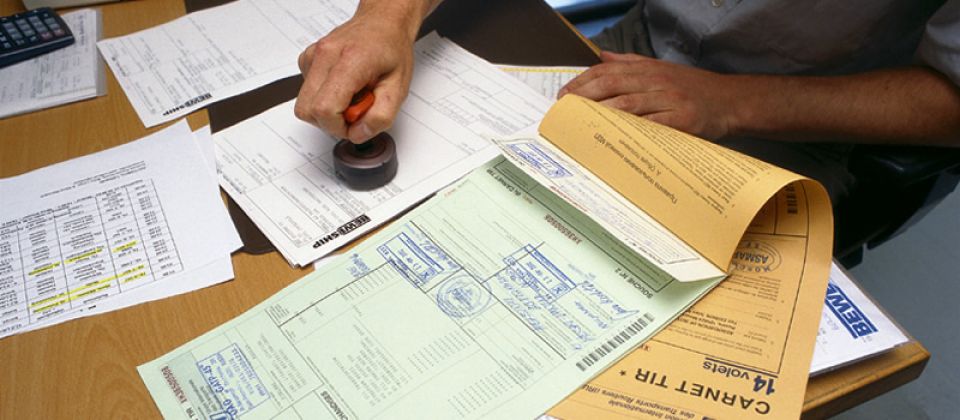
Documents required to move goods across the border
A complete list of those documents that border officials will require to complete customs clearance is public. Anyone can get acquainted with it by visiting the official portal of the customs service of the Russian Federation, as well as by studying the provisions presented in the content of the code in question.
Among the necessary documents, first of all, are those that certify the identity of the person importing the products. Also, they must provide the transaction passport, specification translated into Russian, proforma invoice, packing list, and also the price list of the manufacturer. In addition to all this, customs officers will certainly be interested in certificates confirming the legality of the origin of the goods, as well as a written confirmation of the fact of payment for the goods by the buyer. Mandatory documents also include payment orders, a detailed description of the imported goods, an export declaration and insurance certificates, which prescribe not only the insured amount of goods, but also an additional 10% of it.
It should be noted that all documents whose originals are presented in a foreign language must be translated into Russian. They can be presented both in the original and in the form of copies certified by a notary. Moreover, the legislator allows their submission in electronic form.
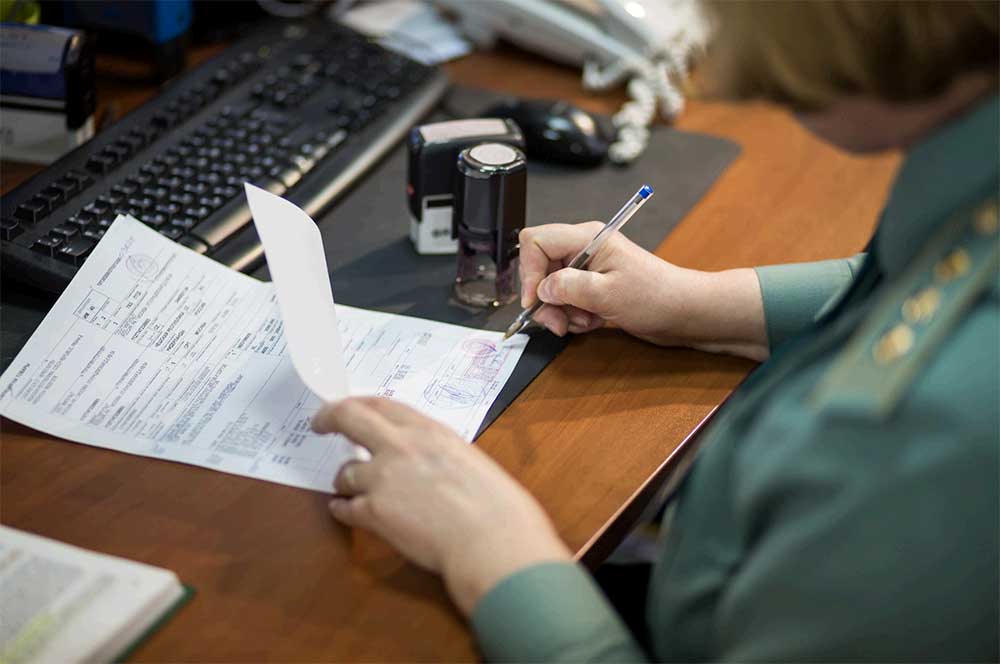
Moving Currency and Securities
Considering the features of the movement of goods across the customs border of the Customs Union, you should definitely pay attention to the features of the transport of securities and currency.
The legislator allows both the import and export of the objects under consideration across the border of the Russian Federation, however, for this type of movable objects, the rule of mandatory declaration of funds in excess of the amount equivalent to 10,000 US dollars applies. When moving material assets through the customs border of the Customs Union, the total amount of money in relation to the dollar is necessarily recalculated. As for the foreign currency recalculation, this process is carried out in accordance with the exchange rate set by the Central Bank at the time of transportation of valuables.
Import of cars
Currently, many people are interested in the features of moving vehicles across the customs border. It should be noted that the legislator allows such an action to be carried out on a temporary basis, provided that the car is located on the territory of the Russian Federation on the basis of temporary registration for a period not exceeding 6 months.
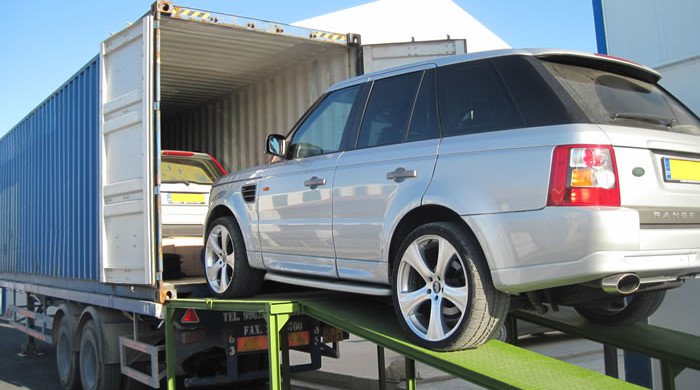
In accordance with the adopted rules for the movement of vehicles across the customs border, the import of a car is possible only if the person has paid all duties and fees that are due for this. Citizens of foreign countries who carry their own vehicle for a period not exceeding the one during which it is planned to stay in Russia can be exempted from paying additional amounts. In the event that the vehicle was moved back across the customs border later than the declared period, then in this case the foreigner will have to pay all previously canceled fees in the established amounts.
